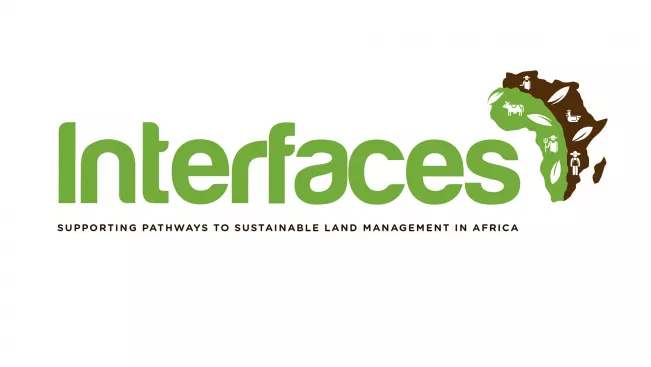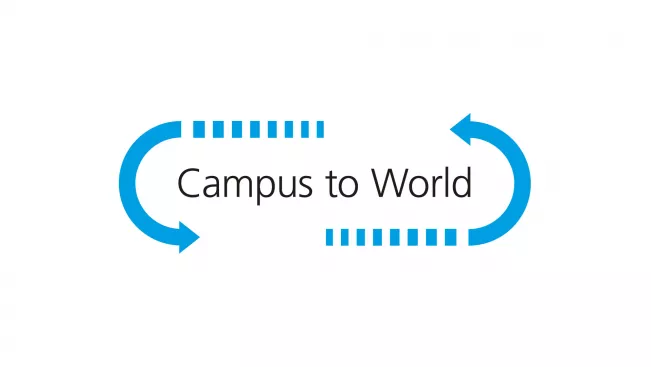International Centre for Sustainable Development (IZNE)

Silvia Berenice Fischer
Research associate 'Responsible Economy and Natural Resources'/Ph.D. student
Unit
International Centre for Sustainable Development (IZNE)
Location
Sankt Augustin
Room
F 308
Address
Grantham-Allee 20
53757, Sankt Augustin
Telephone
+49 2241 865 9813Profile
Research project
Droughts, floods and One Health: a socio-ecological assessment of the risks and vulnerabilities of (peri-)urban agriculture in the city of São Paulo.
Supervisor: Prof. Dr. Wiltrud Terlau
Partner University: University of Bonn
Cities are highly vulnerable to the impacts of extreme weather events. In this regard, specific impacts are believed to increase the vulnerability of urban agricultural systems and exacerbate the factors affecting them, such as increasing demand for food and decreasing yields due to changing rainfall patterns and extreme temperatures, conflicts over scarce resources (land ownership, water, biofuels, etc.), and chronic poverty.
For this reason, evidence-based assessment is essential in any urban center for effective adaptation action. This includes local risk and vulnerability assessments, information, and data that can be used to consider current and future risks as well as adaptation and development options. Extreme weather vulnerability assessments are considered an essential first step in developing adaptation strategies.
São Paulo is the largest metropolitan region in South America and has suffered from severe water shortages since 2010, raising concerns about the future of water supply. Freshwater reservoirs reached their lowest level in 2013/2014, due to a lack of rain accompanied by a heat wave that culminated in the warmest summer in 55 years in 2015.
This study adopts the "Multi-hazard Risk Assessment Framework for the West Sudanian Savanna Zone" in the context of urban and peri-urban agricultural systems. The framework aims to capture the interactions between hydro-climatic stressors, shocks, and risks from a socio-ecological perspective while identifying actual coping and adaptation measures at different temporal and spatial scales.
This approach aims to assess the vulnerability of urban and peri-urban agriculture in the city of São Paulo to extreme weather events and current adaptation strategies. By developing a set of indicators to operationalize the risk and vulnerability assessment framework and by identifying the available adaptation strategies to improve resilience and reduce vulnerability to extreme weather events.
Research Projects
Land management and the securing, use, control and governance of land-related natural resources is one of the key drivers for sustainable development in Africa. Sustainable land management should contribute to food security, adaptation of agriculture and forestry to climate change, nature and environmental protection, and be organized in a way that contributes to social justice. From October 2022, the German Federal Ministry of Education and Research (BMBF), together with INTERFACES, is supporting four regional research and development (R&D) projects that will contribute to this aim.
Project management at the H-BRS
Prof. Dr Wiltrud TerlauETN e.V., together with IZNE and the Biological Station Rhein-Sieg-Kreis, is carrying out a project entitled "Vernetztes Rainland". Within the framework of this project, suitable areas in municipal ownership are to be made available for insect protection in cooperation with representatives of agriculture, the municipalities and other relevant stakeholders, and suitable subsidies for the maintenance of the Raine are to be offered to the users if required.
Project management at the H-BRS
Prof. Dr Wiltrud TerlauBonn-Rhein-Sieg University of Applied Sciences has adapted its existing transfer instruments to the changing demands and requirements of business and needs of business, society and science and developed new suitable transfer mechanisms. The project was funded by the federal-state initiative "Innovative University".


